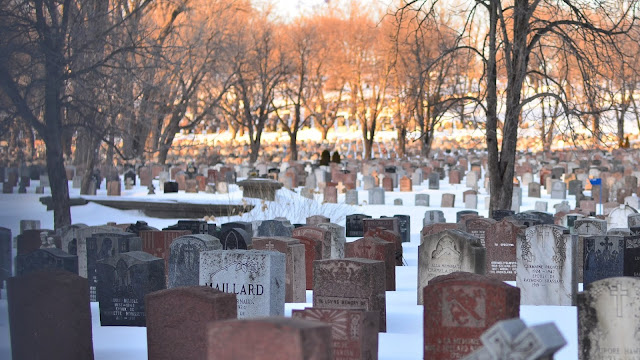Dealing with Death
Death is inevitable, yet the loss of a close friend or
family member always showers us with a range of emotions. One day we might
desperately try to avoid the pain, anxiety and feelings of helplessness we feel
when a loved one dies. Other days, we feel like life has returned to normal—at
least until we realize that our life has changed irrevocably.
Despite the gamut of emotions we feel, grieving for a loved
one helps us cope and heal. The intense, heart-breaking anguish indicates that
a deep connection has been severed. Without a doubt, grieving is painful. But
it is also necessary.
Going forward doesn’t mean forgetting about the loved one
who died. Enjoying life again doesn’t imply that the person is no longer
missed. Piecing together your shattered emotions doesn’t mean you, somehow,
betray a friend or family member. It simply means that your grief has run its
course.
While no single pathway through grief exists, people do
share common responses.
In 1969, psychiatrist Elisabeth Kübler-Ross introduced what
became known as the “five stages of grief,” which represent feelings of those
who have faced death and tragedy.
Based on her years of working with terminal cancer patients,
Kübler-Ross proposed the following pattern of phases many people experience:
- Denial: “This can’t be happening to me.”
- Anger: “Why is this happening? Who is to blame?”
- Bargaining: “Make this not happen, and in return I will ____.”
- Depression: “I’m too sad to do anything.”
- Acceptance: “I’m at peace with what has happened.”
Although these are common responses to loss, there is no
structure or timetable for the grieving process. That said, understanding grief
and its common symptoms are helpful when grieving. Recognizing the difference
between trauma and depression is also beneficial.
Besides understanding how stress can take a toll on us
physically, emotionally and spiritually, we need to understand the practical
guidelines to ease the process. These include taking care of our bodies,
spending time with others and reaching out to the church community.
Finally, there will come a time when someone close to us
experiences a significant loss. Knowing how to respond to a grieving friend is
a good first step in acting as a reliable companion.
The death of a loved one is a shattering experience with
far-reaching implications. As difficult as the loss may be, it is possible to
move forward with hope for the future.
See you all tomorrow.
Buh-bye.




Comments
Post a Comment